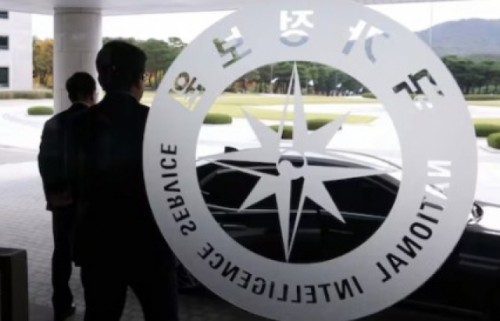 |
Sweeping reforms are underway across South Korea’s national security apparatus under the Lee Jae-myung administration, including key personnel changes at the National Intelligence Service (NIS) and a drastic downsizing of the Defense Counterintelligence Command (DCC). The overhaul is seen as part of a broader effort to break with the legacy of previous conservative governments.
The NIS recently appointed Lee Sang-gap, a former Gwangju vice mayor for culture and economy and a member of the progressive Lawyers for a Democratic Society (Minbyun), as its new inspector general. The role, which reports directly to the NIS director, is in charge of internal audits and disciplinary action, earning the nickname “the director’s blade.” The appointment is interpreted as part of dovish NIS chief Lee Jong-seok’s effort to consolidate internal control through ideologically aligned figures.
Previously, the agency also named Minbyun-affiliated lawyer Kim Hee-soo as director of planning and coordination. It is highly unusual for two key leadership posts at the NIS to be held by Minbyun alumni.
With the Lee administration maintaining a conciliatory stance toward North Korea, a major shake-up targeting hardliners—particularly those appointed under former president Yoon Suk Yeol—is widely expected within the NIS.
Meanwhile, the overhaul of the DCC, once mobilized in the December 3 martial law scenario, is also gathering pace. The restructuring plan would neutralize two of the agency’s three core functions: internal security and criminal investigation, leaving only counterintelligence.
According to the Presidential Policy Planning Committee, the DCC’s security duties will be transferred to the Ministry of National Defense’s Intelligence Headquarters and the information branches of the Army, Navy, and Air Force. Investigative powers, including those involving national security, would be handed over to the ministry’s Investigation Headquarters. The restructuring will be finalized after the appointment of a new defense minister.
Within the DCC, concern is growing that transferring two-thirds of its responsibilities would effectively dismantle the organization.
The DCC has long been a target of reform across administrations. It operated as the Defense Security Command (DSC) for over two decades before being renamed the Defense Security Support Command (DSSC) in 2018 under President Moon Jae-in, amid backlash over martial law contingency plans. That reform involved staff cuts and reduced authority. The Yoon administration reversed course in 2022, restoring the agency’s name to the Defense Counterintelligence Command and emphasizing national security and counterespionage.
Some experts urge a more cautious approach, warning that reforming national security institutions requires continuity.
“Security work is fundamentally about persistence,” said Cho Kyung-hwan, adjunct professor at Sungkyunkwan University’s Graduate School of Government. “The DCC performs an integrated security function, and dismantling the organization over specific issues would be inappropriate.”
Most Read
-
1
-
2
-
3
-
4
-
5
-
6
-
7





















